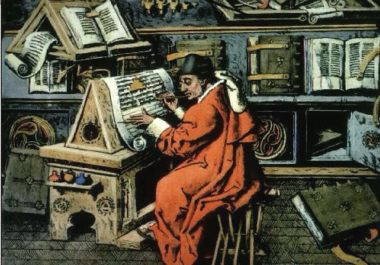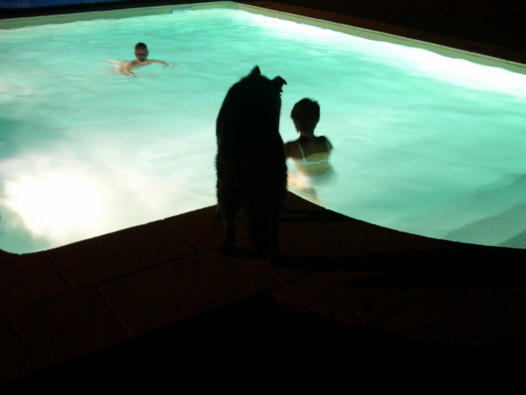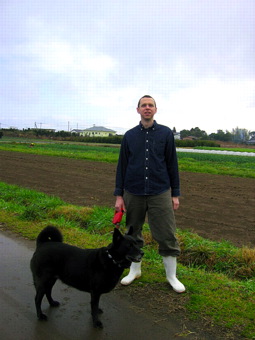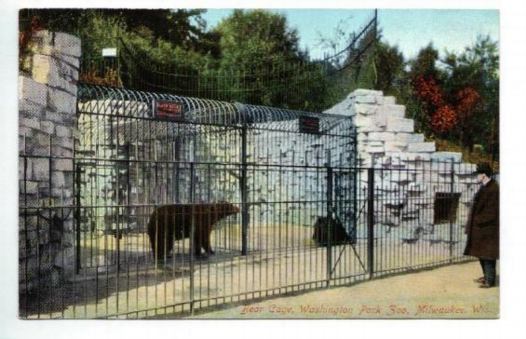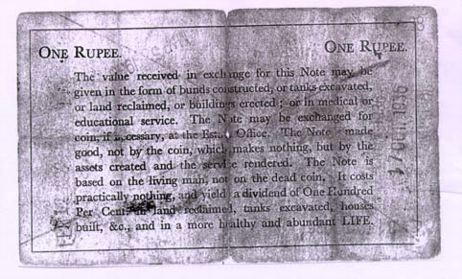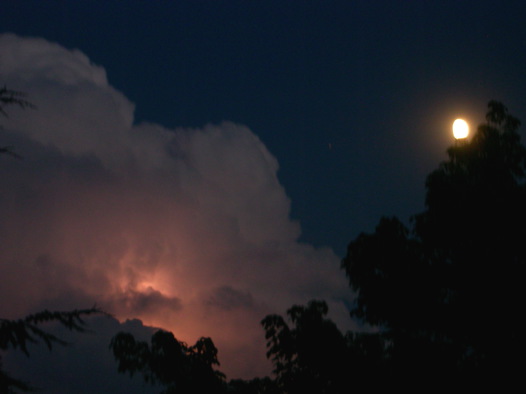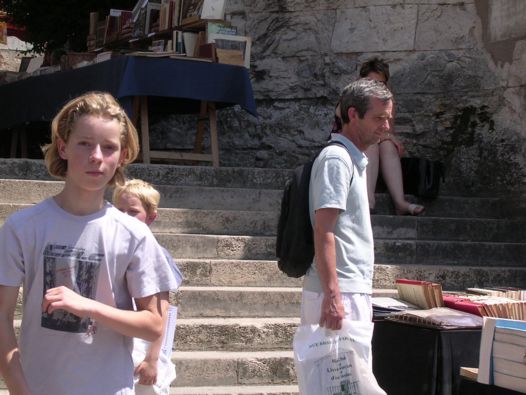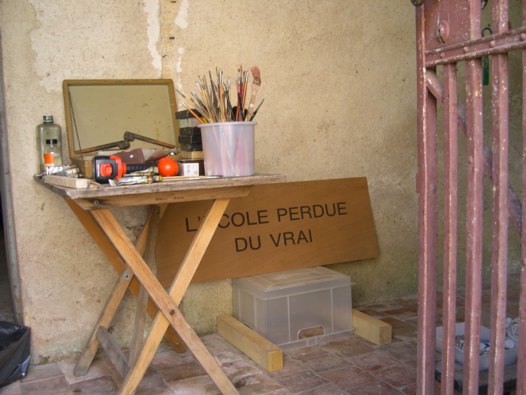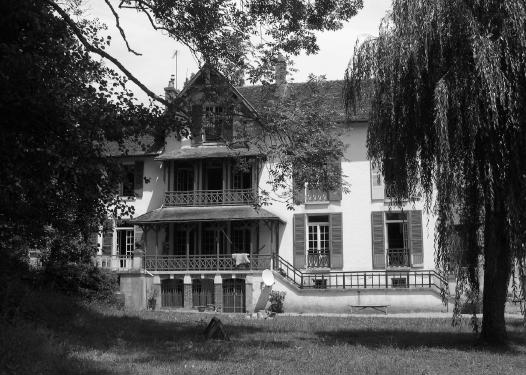|
Vita informativa
Actually to restart this publication is harder than I thought it would be. This is mainly because you do not want to start right where you left off, but a bit further on, as if you had learned a thing or two during the absence. Since February I write many Dutch words in an online journal, shared with two Amsterdam mothers. We post between the three of us with family looking over our shoulders. I started the everyday notes dedicated to Rolf and Roemer and their friends, sons and daughters of friends of ours.
In vita informativa informatic license is leveraged by contemporary media consumption/production complicity.
Read: P, as in private; P, as in public; P, as in Property.

What Can Artists Who Experience Brain Disease Teach Us About the Brain and Behavior? In a September 2004 BrainBlog (‘news about our knowledge of the brain and behavior’) I rediscover Anjan Chatterjee.
Artists with neuropsychological deficits do not necessarily produce art of lesser quality. Rather, their art may change in content or in style, sometimes in surprising and aesthetically pleasing ways.
Context (‘sampling new cultural context’) looks into other Art/Disorder related issues: Creativity and autism spectrum disorders.
The nature of artistic creativity and its relationship with ‘difference’ has intrigued people for centuries. The Genesis of Artistic Creativity is a revealing exploration of the lives of 21 famous writers, philosophers, musicians and painters.
There is a whole issue of conceptual and craft control (‘kunst komt van kunnen’, ‘kunst komt van kennen’) and reception (‘kunst komt van context’) and the control over reception (‘kunst komt van media’) which is not considered in these discussions, like if art would be a work of nature and even (or justly) sick nature would incite art. There is no guarantee for art to emerge, ever. Don’t bang your head against the wall for it at home, kids.
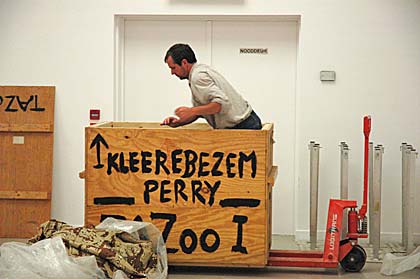 unpacking TAZoo after some 8 years
unpacking TAZoo after some 8 years
photo by Paul Perry, 17 June 2005 at the MuHKA, Antwerp
Privilege of private

A contemporary art world is a closed system museum business symbolic economy. An expanded media cube, with projections on all its 6 planes. What’s to worry? The museum as a temple is history. A better museum as the new place for artistic excellence has not yet emerged. Any kind of new concept excellence — be it in politics, social organization, communication — has to be looked for outside a museological context, even outside an accepted conceptual context of ‘art’, ‘design’, ‘media’. The museum will have to go find out what splendid isolation might bring a contemporary audience.
I like to believe Joke Robaard when she says that initiatives are happening, right now, to be searched for. I have seen for myself over the past 8, 9 years wild publishing happening online, which feeds my best hopes for cultural production to develop a new urgency, a new truth even, if you like. To quote artist Arnulf Rainer: ‘Every doubt with art is a doubt with one’s own work’. I agree.
What are developments, in which fields, that would urge a new kind of excellence on aesthetic production? To read art as knowledge is something which could reconnect artists, curators, institutions, publications — over a variety of diciplines and constituencies. The public and political will grow from the private. The private holds the promise of multiple, rich privacies, without privilege.
Some of my present attention is invested in the exploration of the private, in a time when it is reduced to legal terms of ‘privacy’, as that undeniable right to be on your own, anonymous, autonomous. Having a private life has little to do with this. A private life can be perfectly at ease with little privacy, even feed on publicity. (...)
|
|
